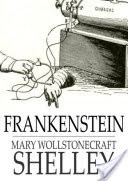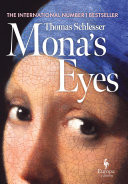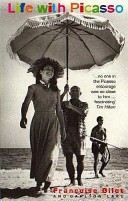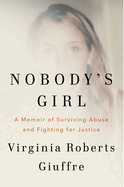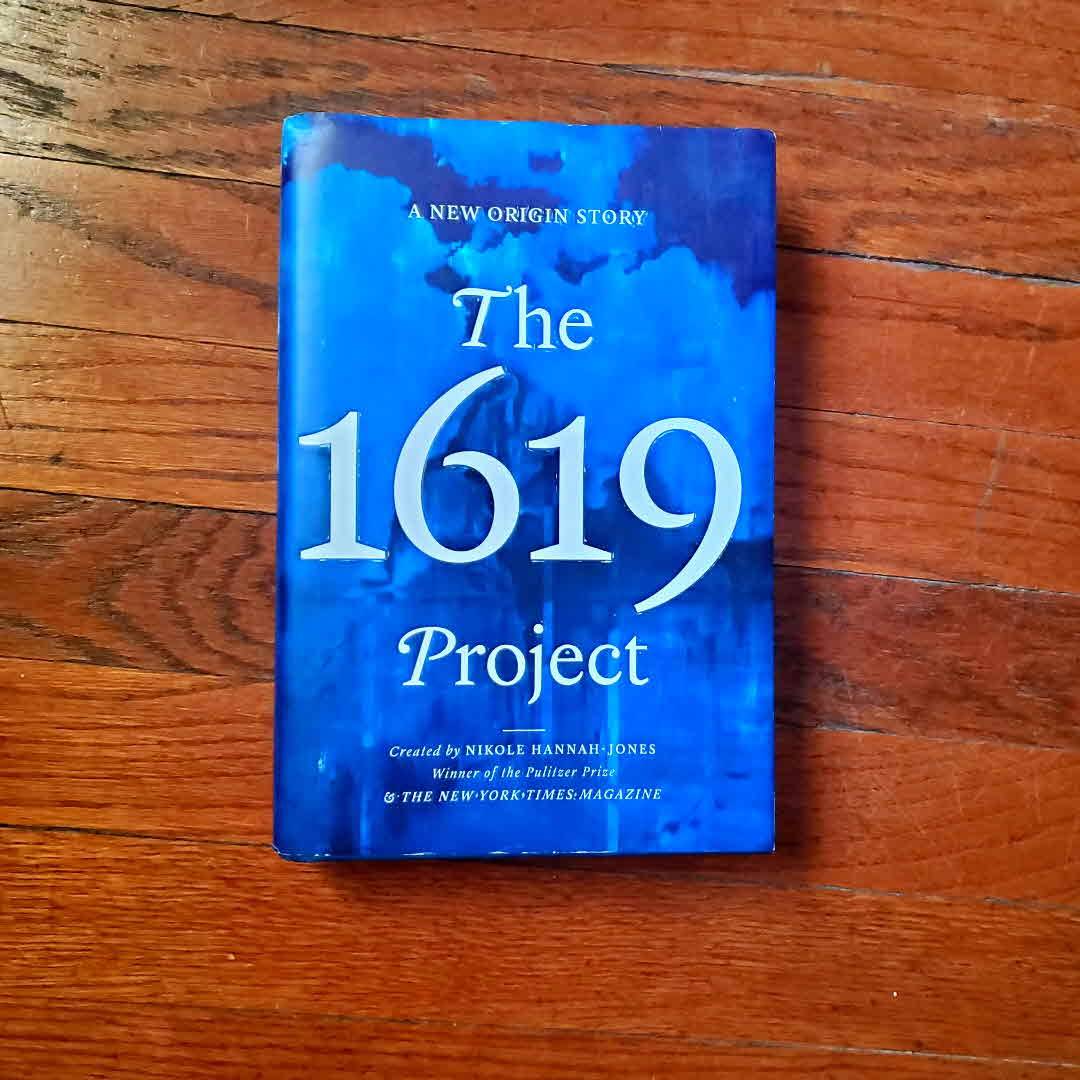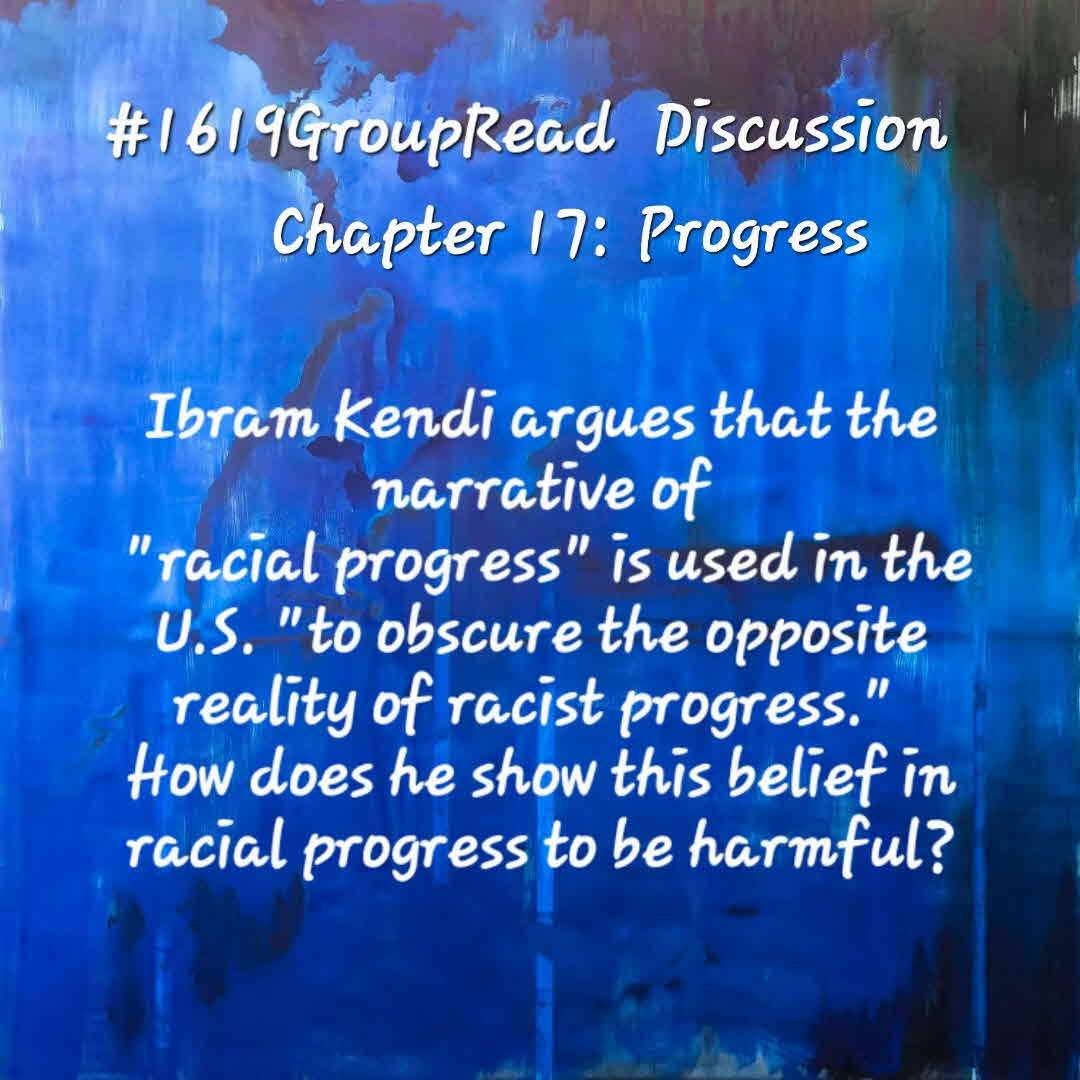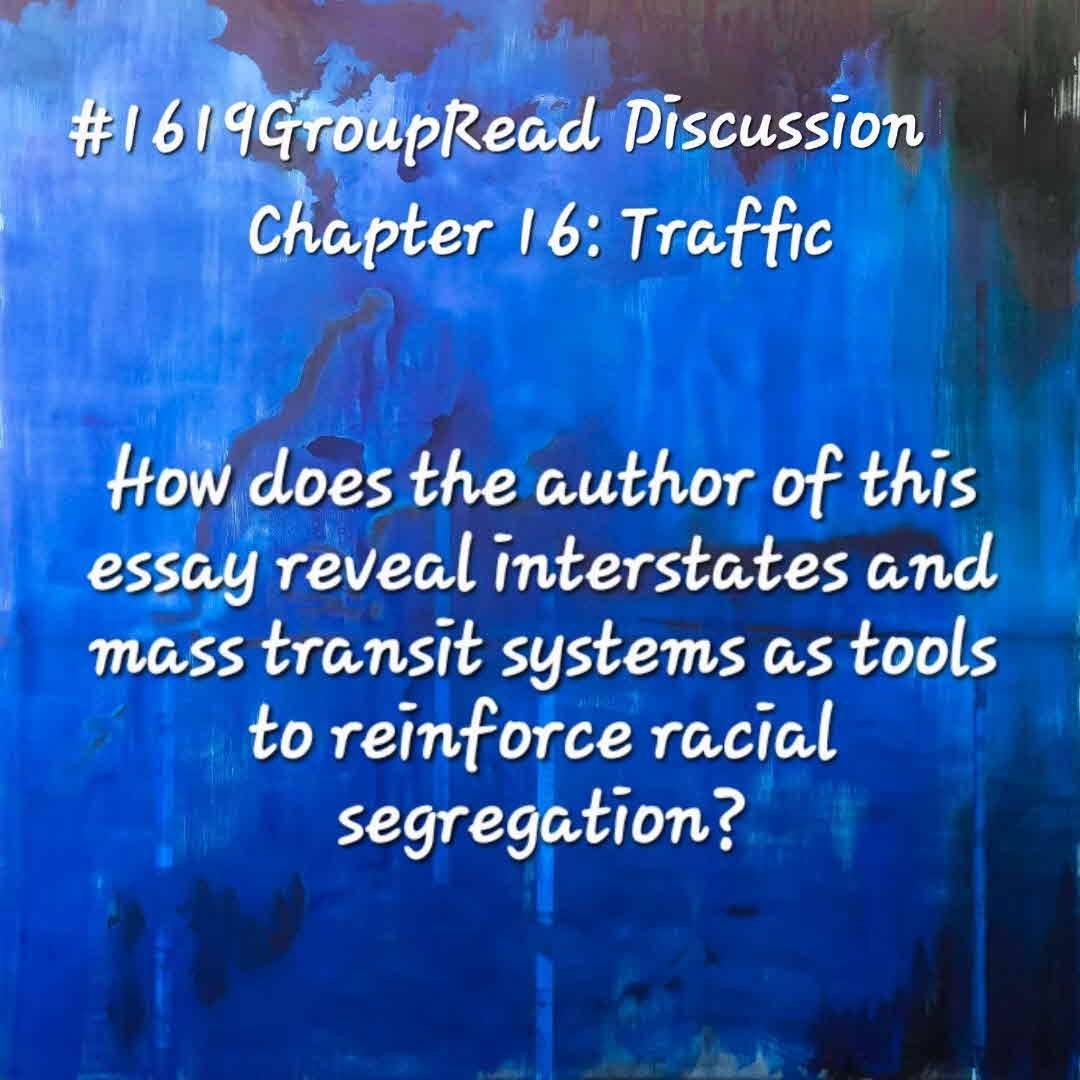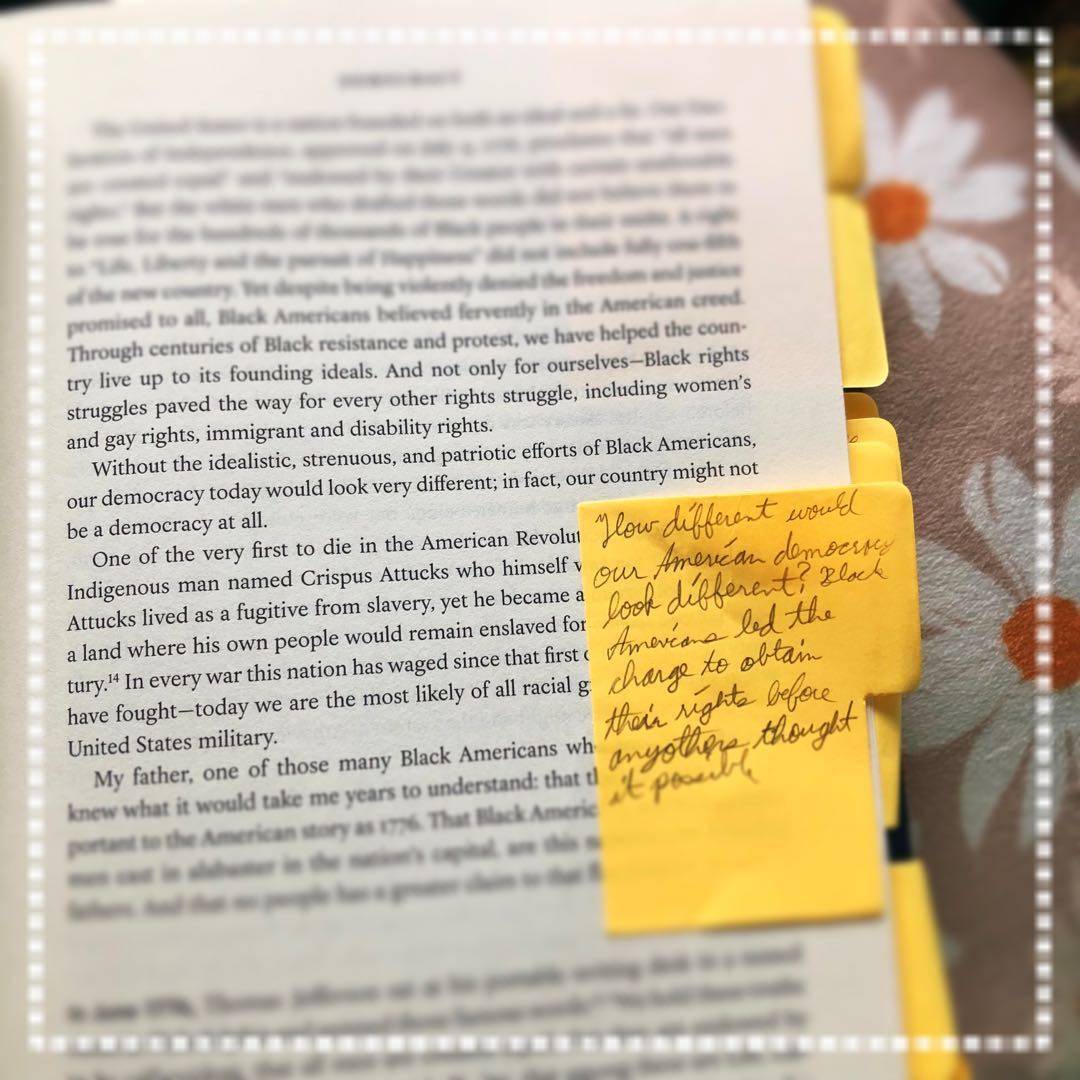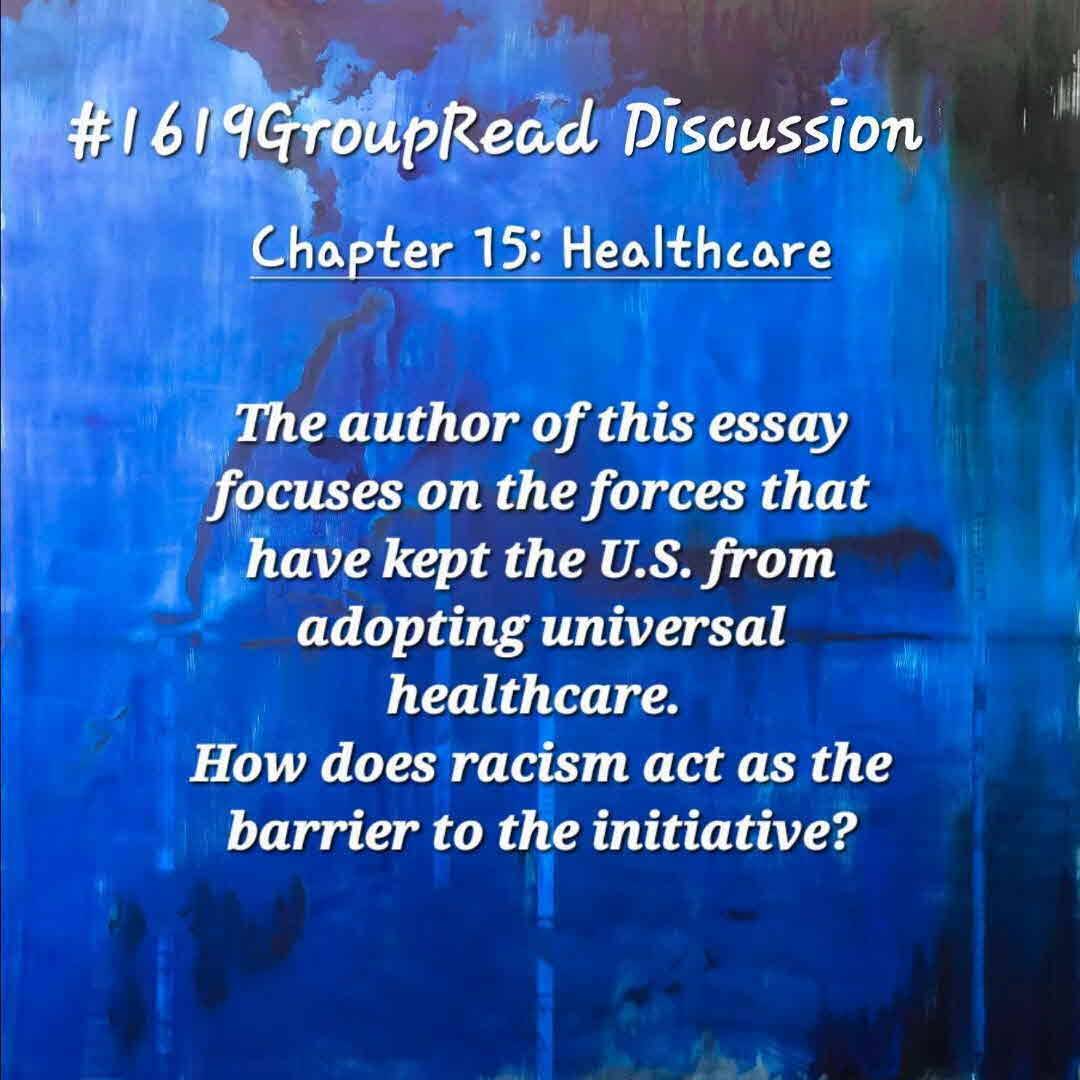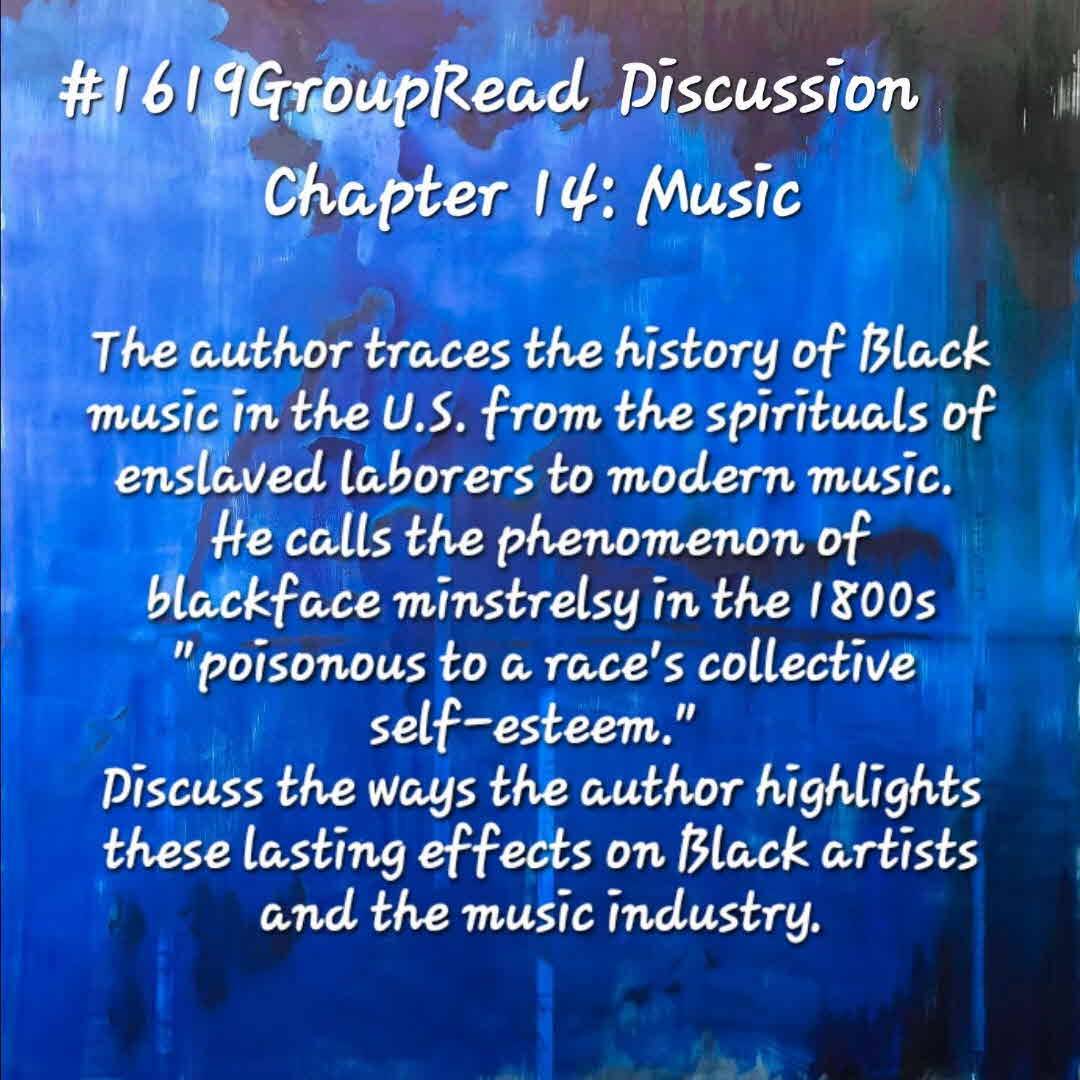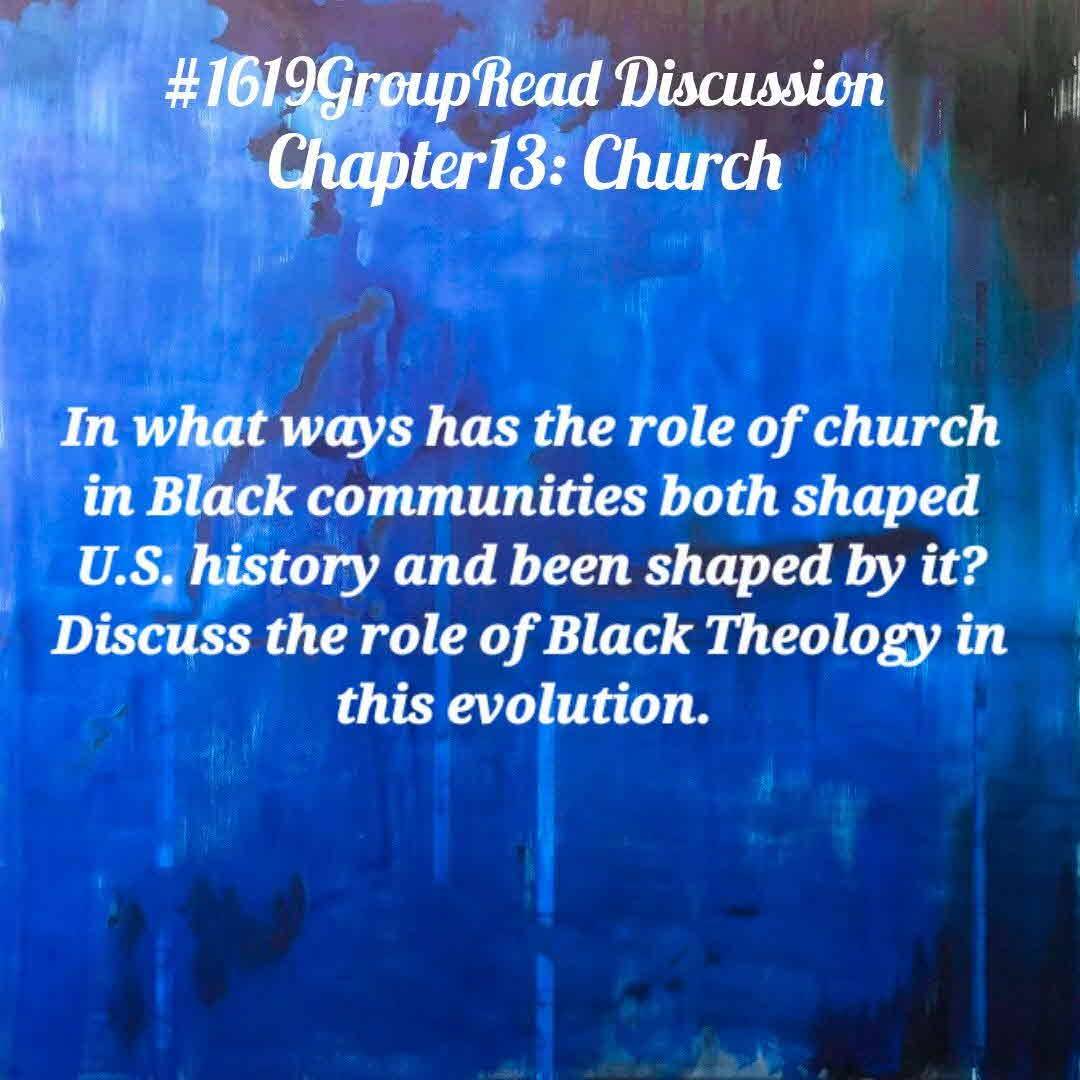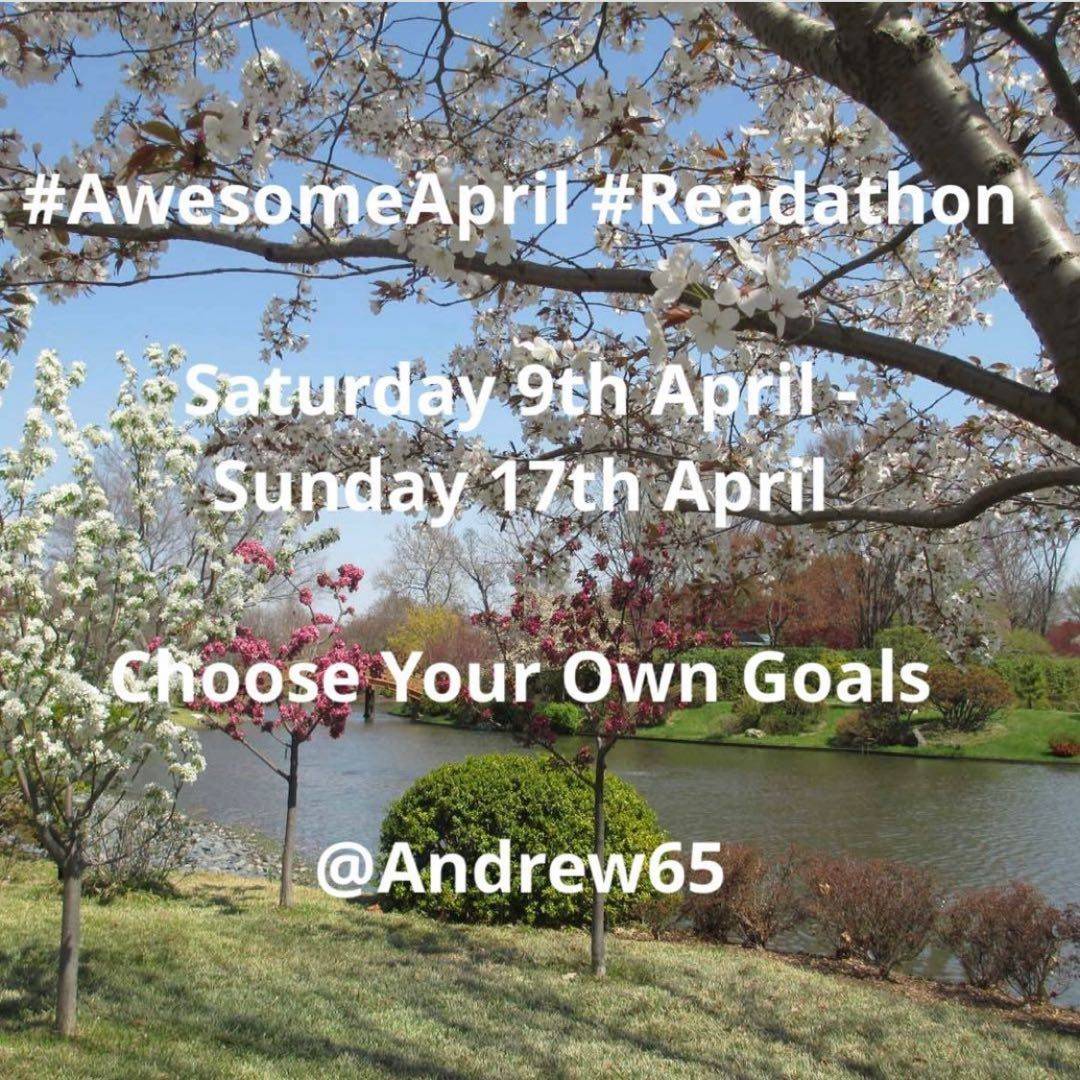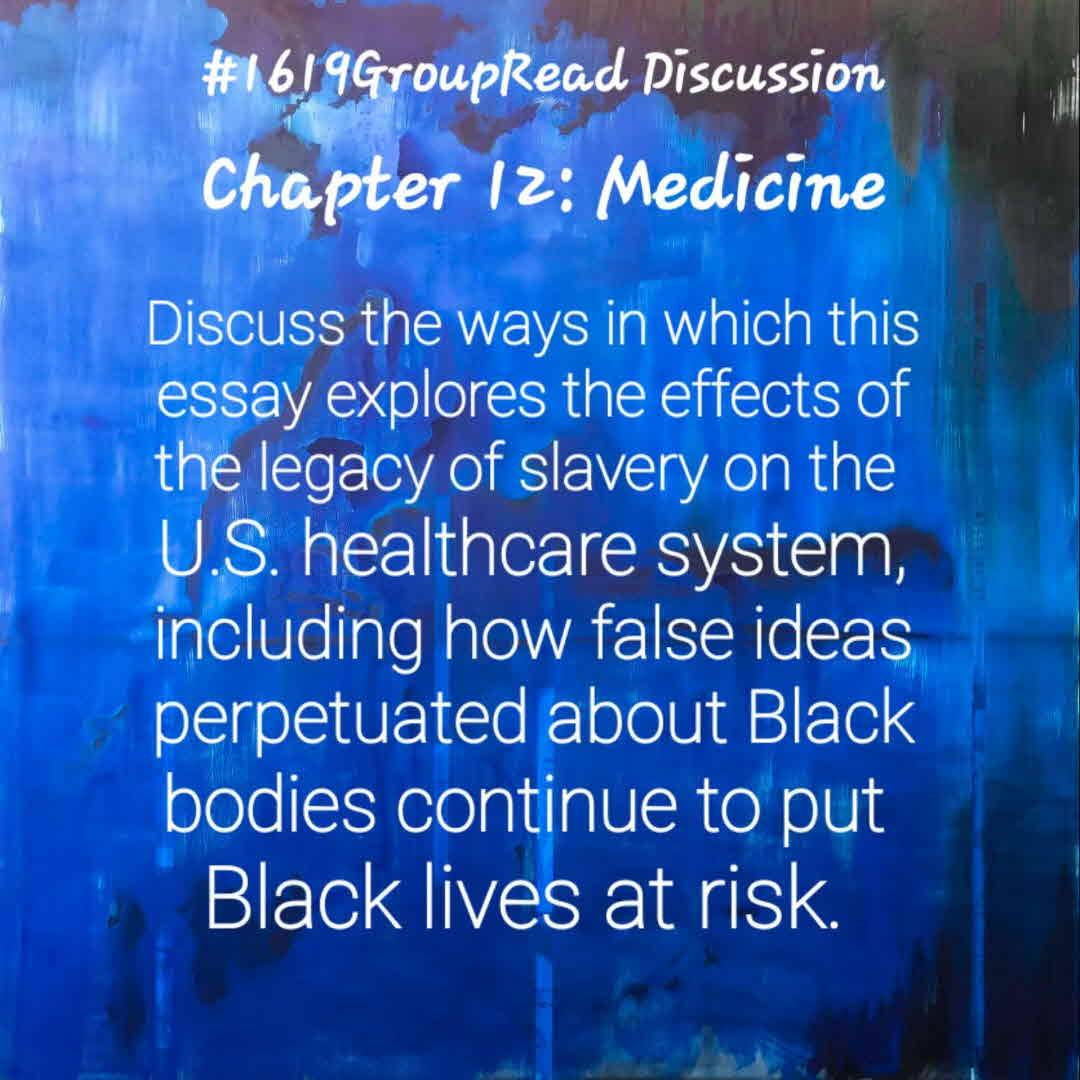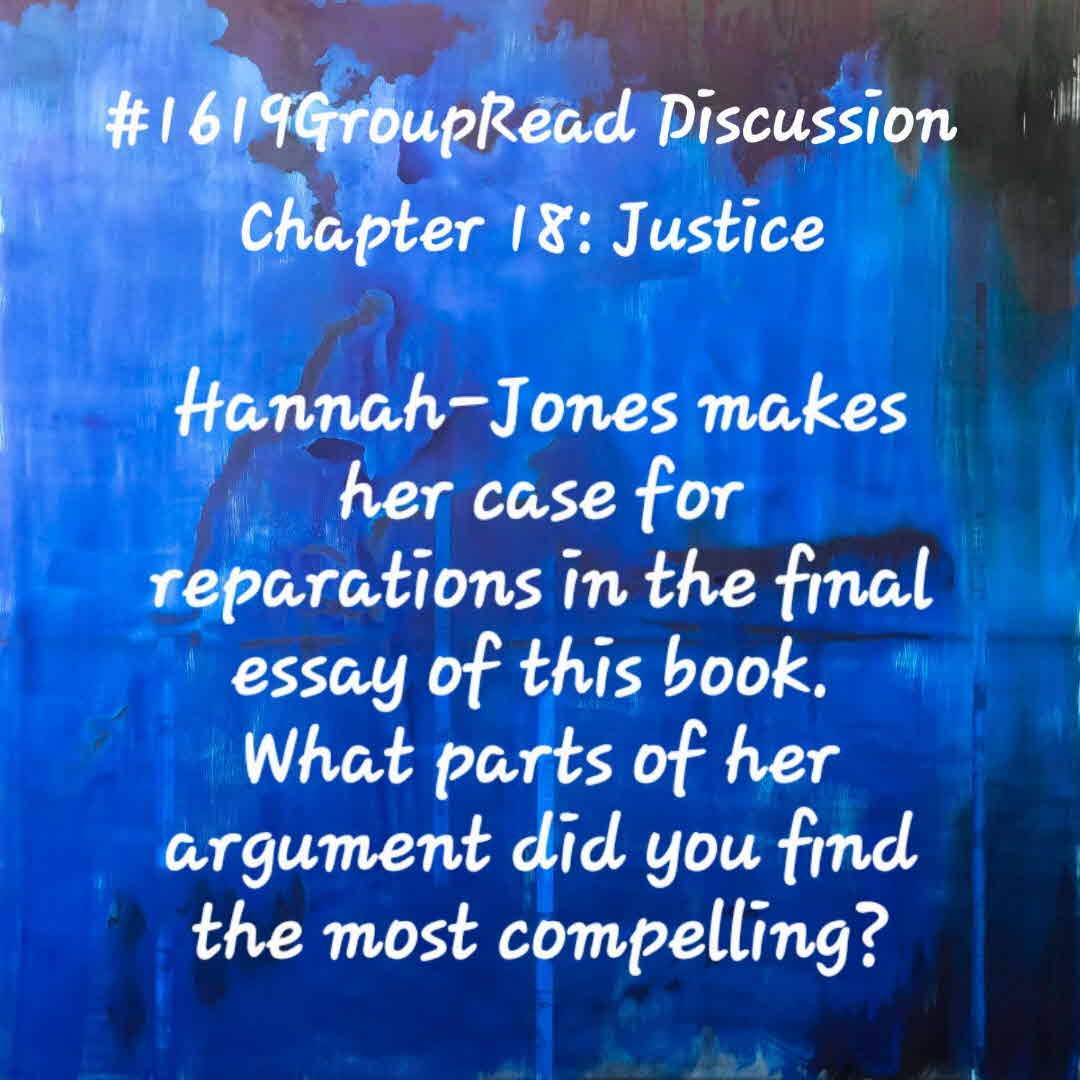
This essay is the mic drop 🎤 moment in the book for me. I don't know if it is because she made the best case I've read for reparations or if the power of the essay comes from acting as the culmination of the other pieces, or maybe both, but either way, it packed a punch.
Feel free to comment on the final essay or the book as a whole in this thread. As I said in my review, I want to put this book in everyone's hands. #1619GroupRead
 3y
3y






